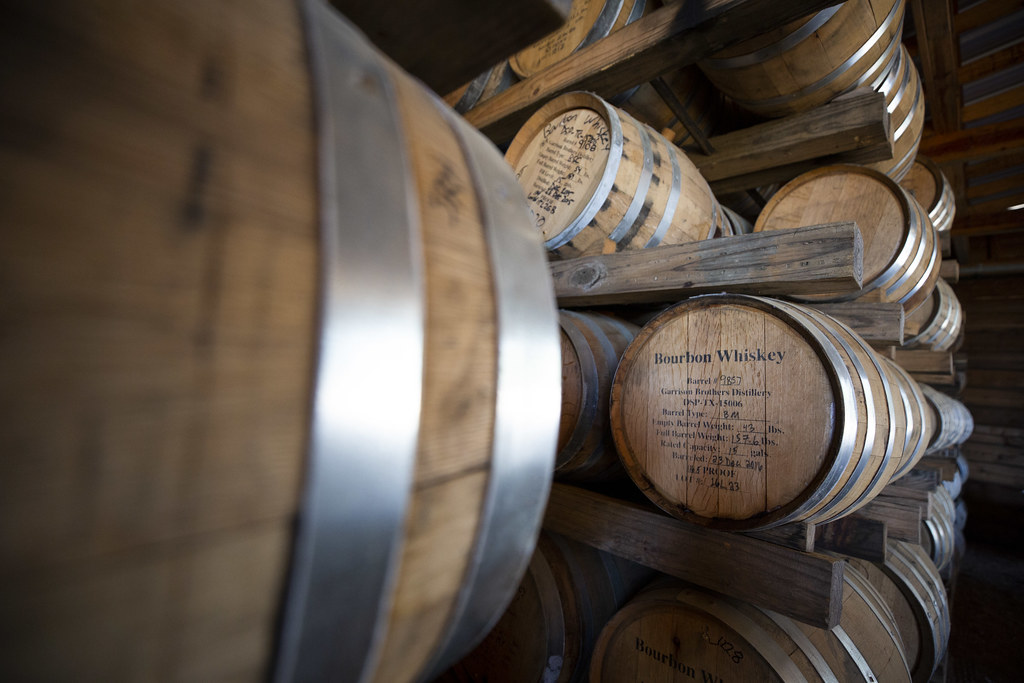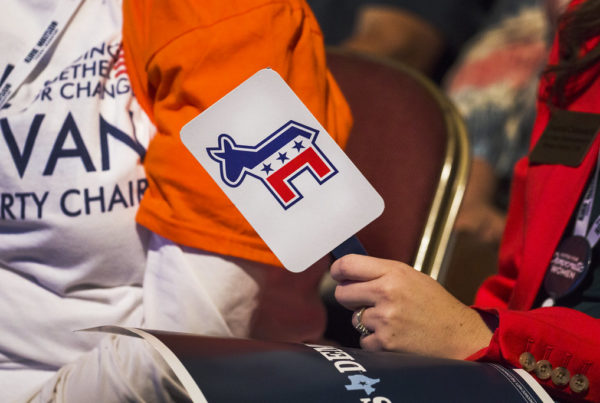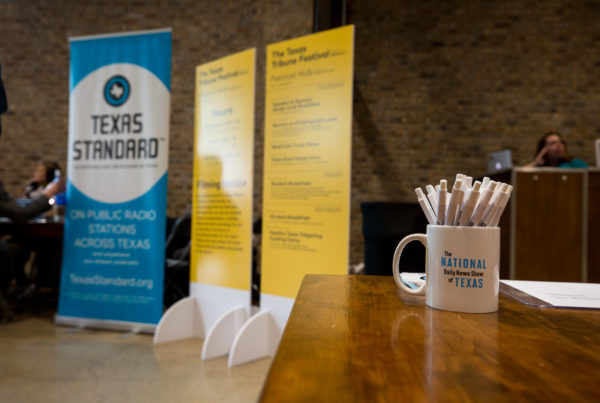Fifteen years ago, there were three distilleries in Texas. Today there are 158. But craft distillers say they are facing a potential setback that could cripple their ability to grow. They want Congress to extend a temporary tax cut that has significantly cut their cost of doing business.
Making and selling whiskey means telling stories. That’s Scooter Pearce’s job at Garrison Brothers Distillery in Hye, Texas, just outside Fredericksburg. Smart distillers know that telling a good story is an important part of their business – from Texas-centric marketing on the bottle, to tours of the still house.
But lately, craft distillers like Garrison have been telling a different kind of story to a much different crowd: lawmakers in Washington. Texas distillers want Congress to extend a tax break that has become vital to their business.
Joanna Salinas is co-founder of Still Austin, a distillery that’s been making whiskey at a South Austin office park for the last two-and-a-half years.
“If this tax reduction doesn’t continue, we can expect an increase in our taxes of several hundred thousand. And for a startup business, [that] is a very vulnerable spot to be in,” Salinas says.
She’s talking about the lower tax rate craft distillers received as part of the Trump administration’s 2017 tax package. Unless Congress acts, that tax rate expires next month. and will rise dramatically.
“For a company like ours, everything is about whiskey in barrels. So the money we saved in not having to pay those taxes went directly into producing more product,” Salinas says.
Under the temporary tax rate, all distillers pay $2.80 in taxes per gallon on the first 100,000 proof gallons they remove from storage, in preparation for sale. A proof gallon is the amount of spirit, plus water, needed to reach the alcohol level the distiller wants the final product to have.
That’s a lot more spirit than craft distillers bottle in a year. Next month, the tax they pay returns to $13.50 per gallon. Craft distillers say that puts them at a disadvantage. Larger, industrial distillers like Beam Suntory, the company behind the Jim Beam and Maker’s Mark brands, bottles far more than 100,000 proof gallons each year, and can better shoulder that tax burden.














